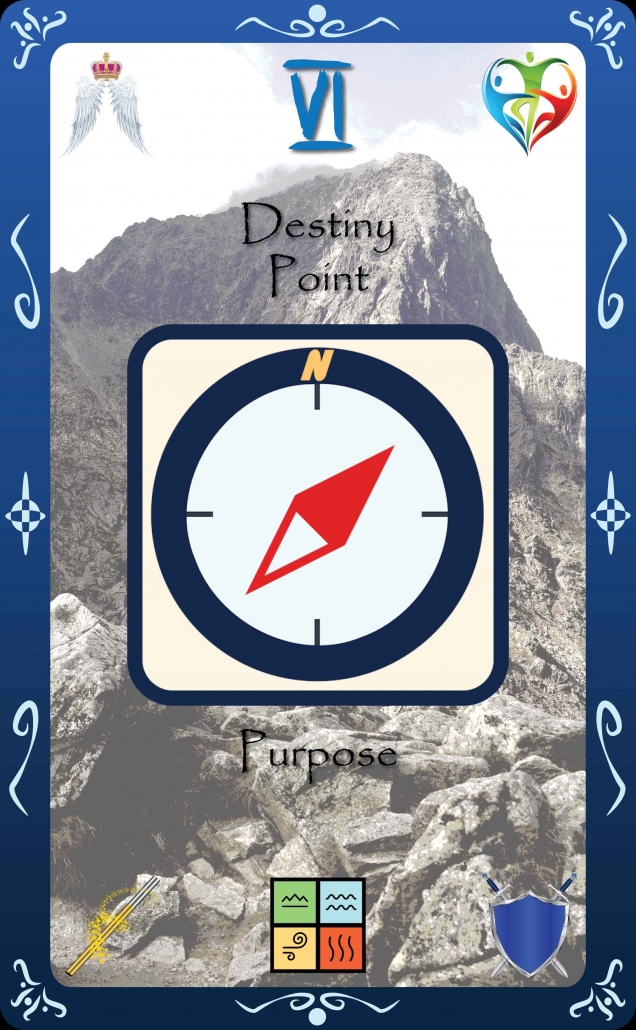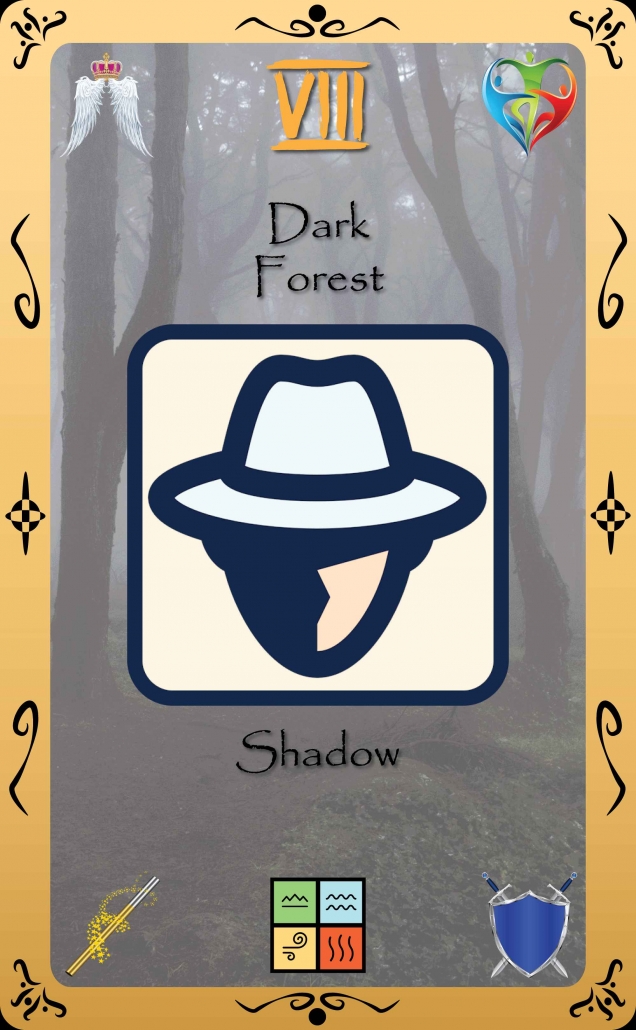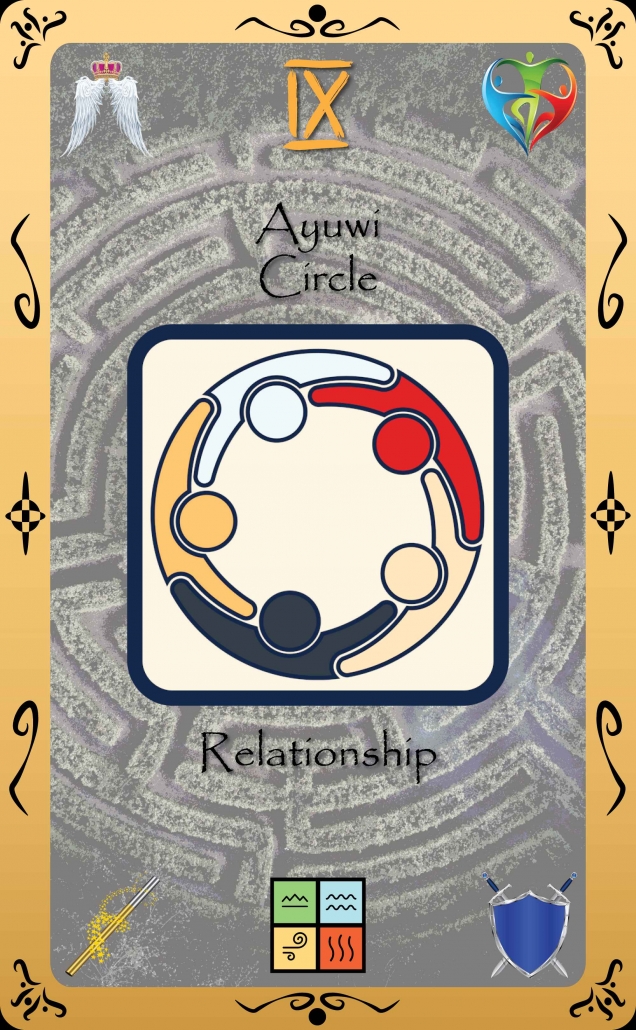The Investor Type
Strategic Lifestyle…
Discover the process of achieving ultimate time and money freedom…
Click the cards below to see what each Phase of the Investor Lifestyle entails. You’ll see where you are on this journey and how to get from here to there. Watch for follow-up emails with even more information to guide you…
Phase 1: Easy Do-It-For-You…
Turning Money Into More Time for You


Destiny Point
Purpose
Overview
Everyone has a reason for being here in the physical world. The problem is that many of us aren’t really aware of our true Purpose. Instead, we follow our inner desires and passions (which are often influenced by ego-minds that want us to show up so as to conform to the expectations of the world), and end up in places and situations that we didn’t really have in mind. This is because we were following a default purpose instead of a true spiritual purpose.
In Destiny Point, we dive deep into the concept of Purpose and discover ways to know with conviction why we are really here. Then we take our understanding and apply it to all of our choices, agreements, and commitments going forward.
Situation
You will soon be faced with challenging circumstances that will lead you to question the reason for your being. You will find yourself wondering things like:
- Why is this happening to me (again)?
- How can life be so cruel?
- What possible meaning can there be in this?
These thoughts will compound the situation by making it difficult for you to deal with it in anything but a reactive approach. You will find yourself making choices automatically and unconsciously, without considering possible consequences, and this will make the situation even more chaotic.
Recommendation
Recognize and understand that the reaction described above is one that emanates from fear. All of the thoughts listed (and any other similar thoughts you might have) signal your retreat into self-protection mode, which means that you perceive some kind of risk or danger or threat. Indeed, there may be a real danger in the situation that arrives, so the first thing you must do is make sure you are actually safe. And if it turns out there is no real danger, then recognize that your reaction is triggered by an ego-mind that sees something in the situation that corresponds to a difficult or painful situation that happened in your past.
In either case, after the danger—real or imagined—has passed, and you are have regained your composure, proceed to reconnect to the truth of who you really are and why you are here. Remind yourself of your significance in the world by reciting these two affirmations repeatedly until they resonate within your heart and soul:
- I am a magnificent, divine, unlimited spiritual being of light and love.
- I am blessed with a powerful and sacred purpose, and I am fully aligned with that purpose in every moment.
When you feel the energy of these affirmations taking root within you, reconnect to the specifics of your Purpose, and remember your objective to align all of your thoughts, words, actions and emotions with that sacred purpose.

For more information about this topic, please see the full program at Life Mastery Way (and remember the name of your card).
Phase 2: Easy Do-It-Yourself
Spending Little Time While Making Lots More Money…


Dark Forest
Shadow
Overview
Each of us has parts or aspects of ourselves that we try to keep hidden from the rest of the world. We do this—consciously or unconsciously—because we have a negative belief about those parts: they are somehow unacceptable, inappropriate, bad or wrong. And what’s worse, because these parts exist within our overall makeup, we inadvertently come to believe that we are somehow defective or broken.
As we learn in Dark Forest, the truth is that our Shadows are actually very powerful aspects of ourselves, and if we simply take the time to meet, engage, understand and eventually embrace them, we will have a much deeper and more intimate knowing of who we really are. And this has only positive implications for the kinds of lives we are destined to live.
Situation
There is something on your horizon that you really want. It could be something that you want to obtain, or something that you want to achieve. You feel a powerful kind of hunger within you to be in a space where you actually have this, whatever it is. The problem is, you also notice that there is a part of you that is holding you back in some way. The reluctance may be manifesting as a cold, tight feeling in your gut, or it may be showing up as a voice in your head that is making your desire look very dangerous—or it may be a combination of these things.
You have an unconscious belief that to achieve or obtain the thing you want will somehow end up causing you pain, so a Shadow within you is activated by that belief and is trying to hold you back from getting hurt.
Recommendation
Congratulations! You have become aware of one of your Shadows. It is probably not immediately obvious what this part of you is attempting to create with its actions; however, most of the time, when you get down to the deepest truth of the Shadow, it almost always seeks to create one of the four core states:
- Being — characterized by words like presence, fullness, wholeness, and sovereignty.
- Serenity — characterized by words like inner peace, calmness, contentedness, and safety.
- Love — characterized by words like freedom, acceptance, honesty, and unconditional love.
- Oneness — characterized by words like inclusion, belonging, family, and relationship.
If you want to find out what your Shadow is trying to accomplish, perform the steps of a simple “shadow interview”:
- Bring your full attention to the part of you that is holding you back from getting what you want. Imagine this part as another person sitting across from you. Let this part know that you simply want to get to know him/her better and understand his/her perspective.
- Find out what this part likes to be called, so you can address him/her properly. Sometimes the response to this question will be a name (could be your nick-name as a child), or it could be a role, such as “protector” or “guard dog” or some other role. Whatever name is offered, make sure to use that name for all subsequent questions.
- Ask the part how long s/he has been around. Thank you for being here, <part’s name>. Can you tell me how long you have been present in <your own name>’s life? (Remember, you are trying to get information from the other part here, so during the interview you want to refer to yourself in the 3rd person.)
- Ask open-ended questions to get as much detail as you can from <part’s name> that help you to understand his/her motivation.
- As you uncover more and more information, you will probably learn that this part experienced some kind of pain in your early life when trying to go after what s/he wanted. As a result of this experience, s/he may have adopted a coping strategy that kept him/her safe as a child. However, this strategy is no longer working, so you as the adult now have the opportunity to provide support to the immature part of yourself that is still using this now-dysfunctional approach.
- Make sure to express deep gratitude to <part’s name> for trying to keep YOU safe, and for working so hard to bring Being, Serenity, Love, or Oneness into your life.
- Point out that, as an adult, you now have powers and capabilities that you didn’t have as a child, and that you know that the current situation is something that you can handle. Let <part’s name> know that you are choosing to go ahead and go after what you want, and that you are prepared to deal with any risks that might show up.
- Let <part’s name> know that you really appreciate the fact that s/he is looking out for your, and welcome any additional warnings that might come your way so that you can keep the dialog open.
This process is a very powerful way to bring awareness to one of your Shadow behaviors, and to convert that Shadow from a covert saboteur into an agent that can actually help you in your future endeavors.

For more information about this topic, please see the full program at Life Mastery Way (and remember the name of your card).
Phase 3: Passive Income All Day Long
Multiple Passive Income Streams and Money Freedom…


Ayuwi Circle
Relationship
Overview
Imagine a world in which you are completely alone. No other people. No animals or plants. No other life of any kind. And no inanimate objects of any kind, either. Sounds pretty desolate, to be sure. And yet, if you think about it for a moment, you might ask yourself this question: in the absence of all these things, how would you know who YOU really are?
It is a perplexing question, one well worth considering, for it brings us all face-to-face with a head-slapping realization: that we need all those other things (people, animals, inanimate objects, and so on) in our lives so that we can relate to them. And by relating to all those entities, we get to experience ourselves for who we really are.
That is what Ayuwi Circle teaches us: that Relationship is the single most powerful tool available to us in the physical realm for fully expressing and experiencing who we really are. In other words, relationships—all relationships—are sacred!
Situation
You are struggling in your relationship with someone close to you. The two of you are having difficulty communicating, and some of your interactions have been devolving into confrontation, argument, or unpleasant finger-pointing. This is causing you a lot of personal discomfort and upset, and you are not sure what to do about it. Perhaps you are even entertaining thoughts of terminating the relationship altogether.
Recommendation
The first thing you must do is decide how important this relationship is to you; the more important it is, the greater your desire to find a path to mutual healing. One way to gauge the degree of importance it so notice how upset you are about the situation; the more pain you are feeling, the greater the likelihood that you value this relationship a lot.
Answer the following questions to help guide your next steps:
- How important is this relationship to me?
- What is it about the current circumstances that has me most upset?
- How have I contributed to the current situation?
- Am I trying to make myself right in this situation? Am I trying to make <other person> wrong in the process?
- Have I been trying to get <other person> to change who he/she is? Am I willing to live with the possibility that s/he might never change?
- What actions can I take now to create a space for healing to occur?
You might not like some of the answers you come up with, but at least you will have raised your Awareness about your own part in the situation. If you do value the relationship and wish to create healing with the other person, then you can set the following intention for yourself, and maybe even communicate it to your relationship partner:
I really value this relationship and I want to empower both of us to be fully active participants in it. I want to create space for both of us to be heard, no matter what might be going on for us. For my part, I commit to speaking my own truth without in any way holding you responsible for what I might be experiencing. I also commit to listening to your truth from my heart, without condition or judgment.
If you approach your relationship partner with this kind of intention, you will quickly begin the process of mutual healing.

For more information about this topic, please see the full program at Life Mastery Way (and remember the name of your card).
